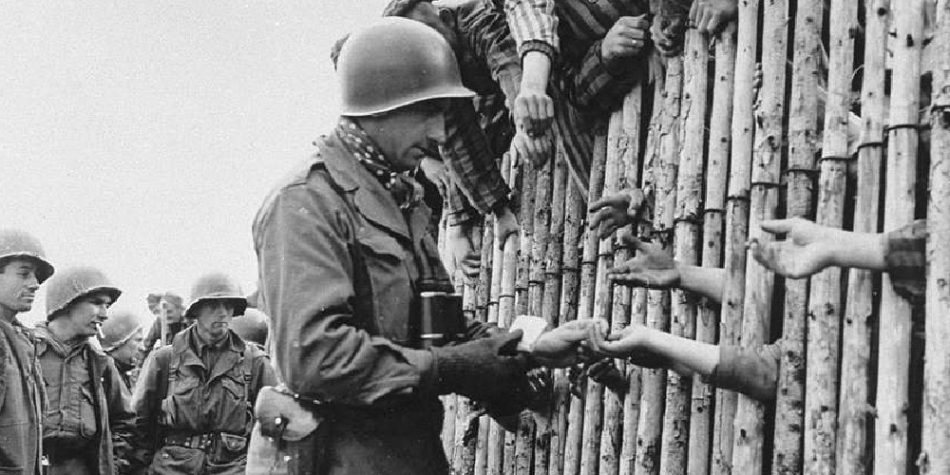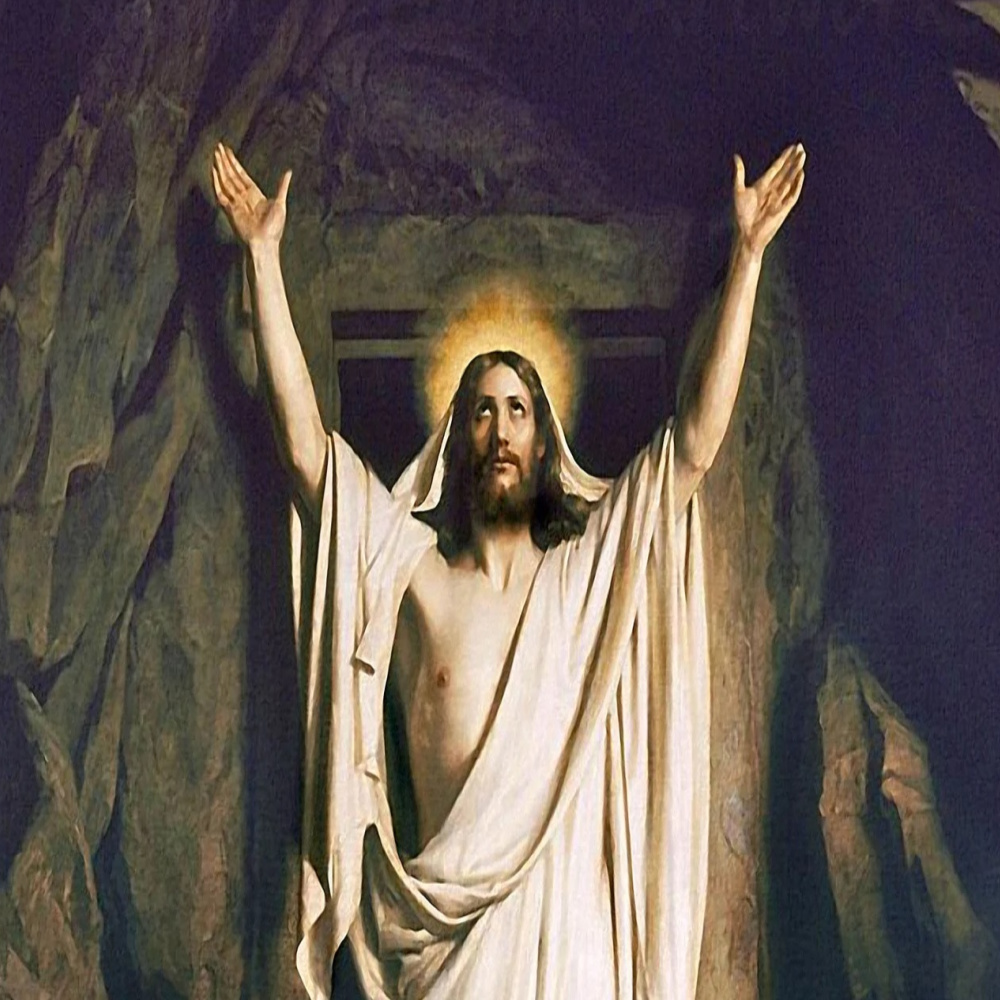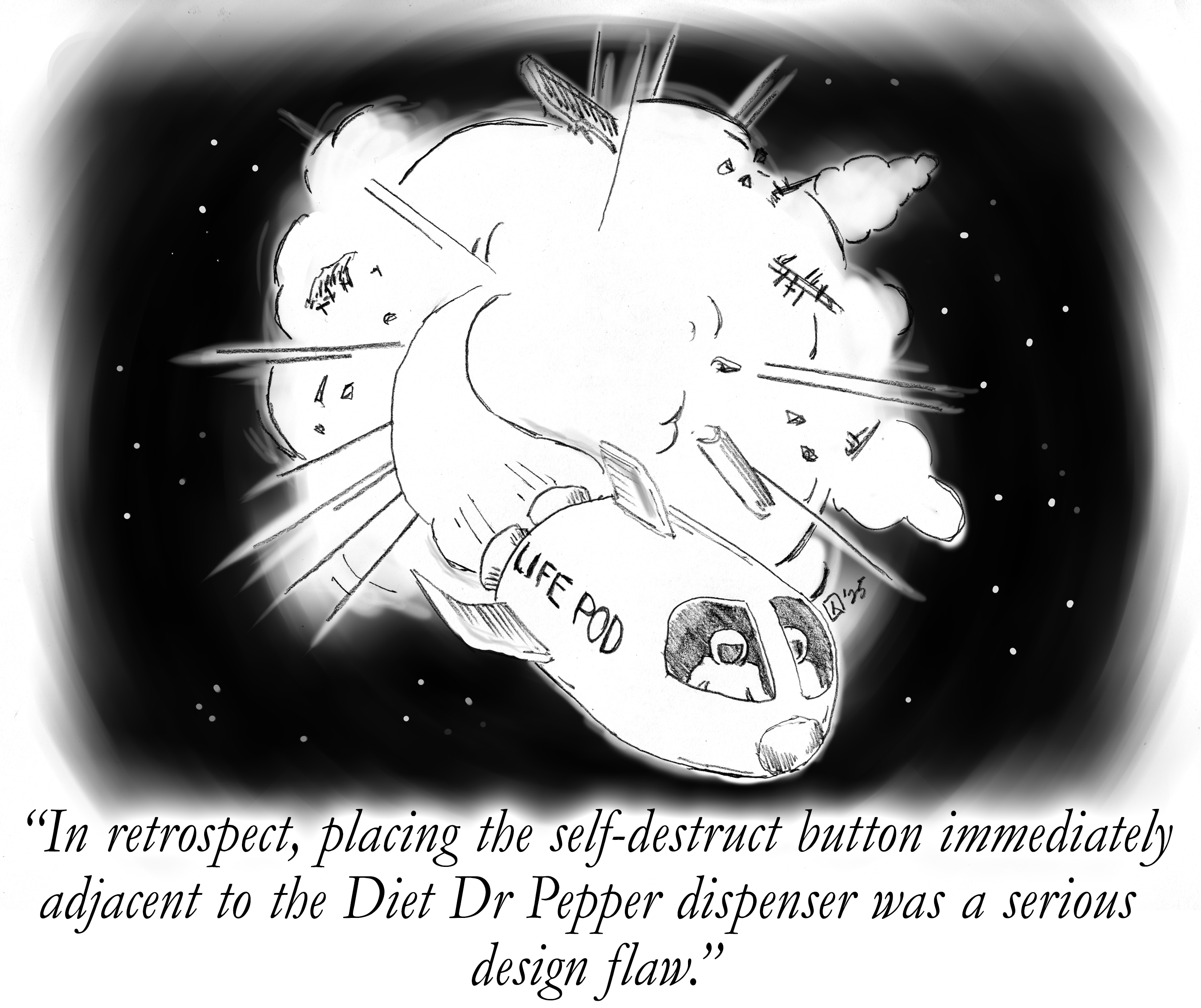This week we honor again those who have sacrificed their lives in defense of our liberty. As a descendant of holocaust survivors, I am especially grateful for the brave soldiers who fought in World War II and liberated the Nazi death camps. Their heroism in the face of unspeakable evil demands our praise and commendation. More than any other conflict in our nation’s history, that war revealed the face of evil and the obligation to fight back and resist such evil with force.
Last year, J. David Pulsipher and Patrick Q. Mason published a significant work, “Proclaim Peace: The Restoration’s Answer to an Age of Conflict,” which looks at the topics of war and peace from a Latter-day Saint perspective. Their book offers important insights into what the restored Gospel can teach us about the proper justifications for warfare. Their central thesis is that restoration scripture reveals the “more excellent” way of nonviolence. Pulsipher and Mason recognize that certain types of violence such as warfare in the Book of Mormon or Nephi killing Laban may be “justified,” but deny that warfare can ever be “holy” or redemptive in any meaningful sense. And they suggest that even in times where violence would be justified, such as in cases of self-defense against a violent aggressor, there is always the better way of non-violence. Pulsipher explains that in such circumstances “There is an even more excellent way and an even more holy way and a response that will not only transform us but has the potential to transform our aggressors, the people that are doing harm to us in ways that violence does not.” They point, for instance, to the powerful Book of Mormon example of the anti-Nephi Lehis who gave themselves up to be slaughtered rather than break their covenants.
Pulsipher and Mason offer important insights for all of us who live in a culture and society that increasingly matches President Kimball’s description of a “warlike people, easily distracted from our assignment of preparing for the coming of the Lord.” No doubt, we could all benefit from looking more critically at arguments offered by politicians and pundits that war is necessary or the only possible answer.
And yet, Pulsipher and Mason’s argument seems impotent in the face of true and relentless evil. Their call to non-violent resistance would not have liberated a single concentration camp. Nor would it halt a single ongoing genocide. And this call cannot stop a crazed shooter in a school or shopping mall.
It is worth acknowledging that Pulsipher and Mason thoughtfully distinguish in their book between non-violence and passivity. They advocate for an “assertive love” akin to that practiced by the Anti-Nephi-Lehis, Gandhi, and the civil rights leaders. And they cite studies showing the effectiveness of nonviolent resistance. I do not disagree with them about the good that can come from non-violent resistance. In our society, we need a lot more people willing to heed the Savior’s call to put down the sword, bury our instruments of war, and engage with love. And the Anti-Nephi-Lehi’s show that nonviolence can have a powerful and transformative impact on society.
But the question remains: What do we as Americans living in the United States do when we hear about Uyghurs being thrown into concentration camps in China, or Christians being slaughtered in Nigeria? What do we do when sanctions or moral condemnation fail to assuage bloodlust and ethnic hatred? Do we have the moral obligation to stop these atrocities with force if necessary? In that case, can war be a way that we show love for our neighbor, or fulfill restoration scripture’s injunction that “for the public peace and tranquility all men should step forward and use their ability in bringing offenders against good laws to punishment”?
More than any other Latter-day Saint leader, President Gordon B. Hinckley reflected on these profound tensions in a pair of talks that he gave before the general membership of the Church. The First was given right after 9/11, and the second shortly after the 2003 invasion of Iraq.
After the 9/11 attacks, President Hinckley reflected upon the ongoing war in Afghanistan, “Those of us who are American citizens stand solidly with the president of our nation. The terrible forces of evil must be confronted and held accountable for their actions” (emphasis my own, here and below). Referencing the Gaddianton Robbers of the Book of Mormon, he went on to underscore, “We are people of peace. We are followers of the Christ who was and is the Prince of Peace. But there are times when we must stand up for right and decency, for freedom and civilization, just as Moroni rallied his people in his day to the defense of their wives, their children, and the cause of liberty.”
What stands out to me most is that President Hinckley describes a moral imperative to fight against forces of evil. When a force is committed to destroying “freedom and civilization,” followers of Christ may be obligated to stand up and fight in “defense of their wives, their children, and the cause of liberty.”
In April 2003 President Hinckley further elaborated on these themes. He noted that the War in Iraq had divided the American people, but that he felt there was an “overriding responsibility” that determined his “personal feelings” and “personal loyalties” about the conflict. Pointing again to the story of Captain Moroni, he declared: “It is clear from these and other writings that there are times and circumstances when nations are justified, in fact, have an obligation, to fight for family, for liberty, and against tyranny, threat, and oppression.” In other words, there are circumstances where conflicts are not only justifiable but morally the only correct course of action.
President Hinckley further explained, “I believe that God will not hold men and women in uniform responsible as agents of their government in carrying forward that which they are legally obligated to do. It may even be that He will hold us responsible if we try to impede or hedge up the way of those who are involved in a contest with forces of evil and repression.”
In other words, according to President Hickley, there are certain battles against evil that impose “an obligation” upon nations to take action, and we as citizens have an obligation to not “try to impede or hedge up the way” of nations engaged in such a fight against “forces of evil and repression.”
Surprisingly, Pulsipher and Mason do not engage with President Hinckleys’ seminal talks on the topic. I asked Patrick Mason about this omission. He explained that while he and Pulsipher recognize the historical importance of President Hinckley’s statements, they chose not to spend much time with these talks because they understand his remarks to operate within the theological framework articulated by the First Presidency in 1942, which they do consider at some length.
In 1942, however, the world had not yet understood the full extent of the horrors of Auschwitz. It had not yet witnessed the Khmer Rouge or the Rwandan genocide. President Hinckley’s remarks come after more than a half-century of grappling with the greatest evil that mankind has ever perpetrated and the stark consequences of inaction. President Hinckley’s declaration that there may be a moral obligation to engage in certain kinds of wars, therefore, strikes me as an inspired prophetic utterance in the face of the modern nature of warfare and the evil that may be perpetuated by forces of wickedness in the world today.
Of course, it is rarely obvious upfront which wars are truly fought for righteous causes. Good people of faith can disagree on the nature of a particular war. And all nations engage in propaganda and distortion to make their cause seem moral or just, so we must be wary of falling too quickly for the relentless efforts of the military-industrial complex. And one can find more categorical remarks condemning all warfare from Church leaders— as President Nelson recently, explained, “Any war is a horrifying violation of everything the Lord Jesus Christ stands for and teaches.” But President Hinckely’s remarks clarify that in the face of the Nazi death camps or the genocide of the Tutsis we do have an obligation as disciples of Christ to take action, even if warfare and violence are necessary.

















